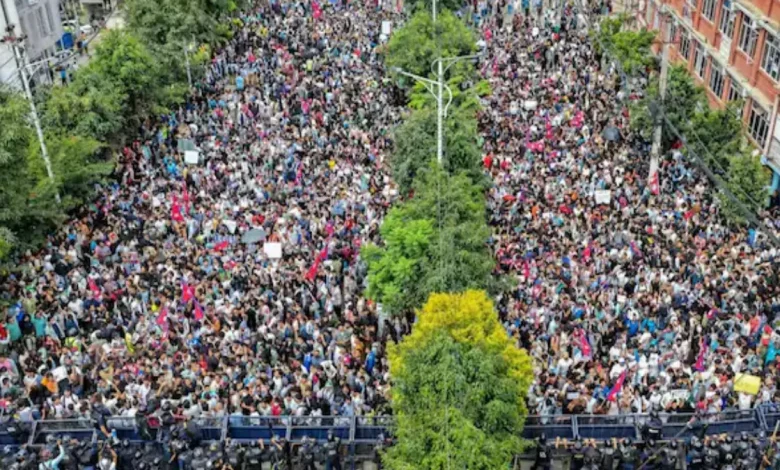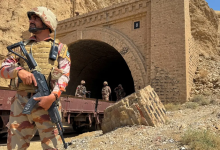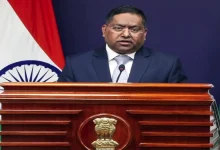Why Nepal Banned Social Media ? Know About The Move That Sparked Sudden GenZ Revolution

New Delhi : 16 people have died and more than 100 have been injured after thousands of young Nepalese citizens hit the streets to protest the KP Sharma Oli government’s move to ban 26 social media platforms, including Facebook, YouTube, and X. Police have cracked down against protesters, firing rubber bullets and teargas shells. A young protester then appealed to the others to step back and claimed that vested groups have entered the crowd to provoke it. We have already won today,” the protest leader said.
Prime Minister Oli has called a cabinet meeting this evening. The Army has been deployed in the New Baneshwor area after the protests turned violent. On Thursday, Nepal banned social media sites, including Facebook and Instagram, after they did not register with the Ministry of Communication and Information Technology. A notice said social media giants were given a week to register with the government, starting August 28. But none — Meta (Facebook, Instagram, WhatsApp), Alphabet (YouTube), X (formerly Twitter), Reddit, and LinkedIn – had submitted applications by the deadline.
The government’s directions followed a Supreme Court order last year. The social media giants had been asked to establish a point of contact and name a resident grievance handling officer and compliance officer. TikTok, Viber, Witk, Nimbuzz, and Popo Live are registered with the government and continue to be in use in Nepal. Applications from Telegram and Global Diary are being examined, it is learnt.
According to report in The Kathmandu Post puts the number of Facebook users in Nepal at around 13.5 million and Instagram at around 3.6 million. Many rely on social media for their business. As the social media platforms went down in Nepal, those affected started protesting. The demonstrations against social media ban then snowballed into an anti-corruption protest.
We were triggered by the social media ban, but that is not the only reason we are gathered here, Yujan Rajbhandari, a 24-year-old student, told news agency. We are protesting against corruption that has been institutionalised in Nepal. Ikshama Tumrok, a 20-year-old student, said she was protesting against the government’s “authoritarian attitude”. “We want to see change. Others have endured this, but it has to end with our generation,” she said.
In a video circulating on social media, a protester is heard saying, When the leaders’ sons and daughters have a bright future, where is ours? In a statement, the government said on Sunday that it respects freedom of thought and expression and was committed to “creating an environment for their protection and unfettered use.
All unregistered platforms will be restricted with immediate effect. The ministry had set a seven-day deadline from August 28 for companies to complete registration. When the deadline expired on Wednesday night, no global platforms, including Meta (Facebook, Instagram, WhatsApp), Alphabet (YouTube), X (formerly Twitter), Reddit or LinkedIn, had submitted applications.
TikTok, Viber, Witk, Nimbuzz and Popo Live were listed as registered. Telegram and Global Diary are still in the approval process, officials said. The ministry has directed the Nepal Telecommunications Authority to disable unregistered platforms from Thursday midnight. Spokesperson Gajendra Kumar Thakur said any platform completing registration would be restored the same day.
The ban is expected to disrupt communication for millions of Nepalese living abroad. More than seven million youth are staying outside Nepal for higher studies or employment. This will directly affect their communication with family and friends at home, said senior journalist Pralhad Rijal.
The anger on Nepal’s streets goes beyond just the social media blackout. For many young protesters, the ban was the breaking point in a long list of frustrations with the government. What began as outrage over blocked platforms has quickly turned into a wider movement calling out corruption, authoritarianism, and a lack of accountability in leadership.
Stop the ban on social media, stop corruption not social media, the crowds chanted, waving the red and blue national flags. We were triggered by the social media ban but that is not the only reason we are gathered here, student Yujan Rajbhandari, 24, told AFP. We are protesting against corruption that has been institutionalised in Nepal. His words reflect the broader grievances of a generation that feels let down by political leaders.




